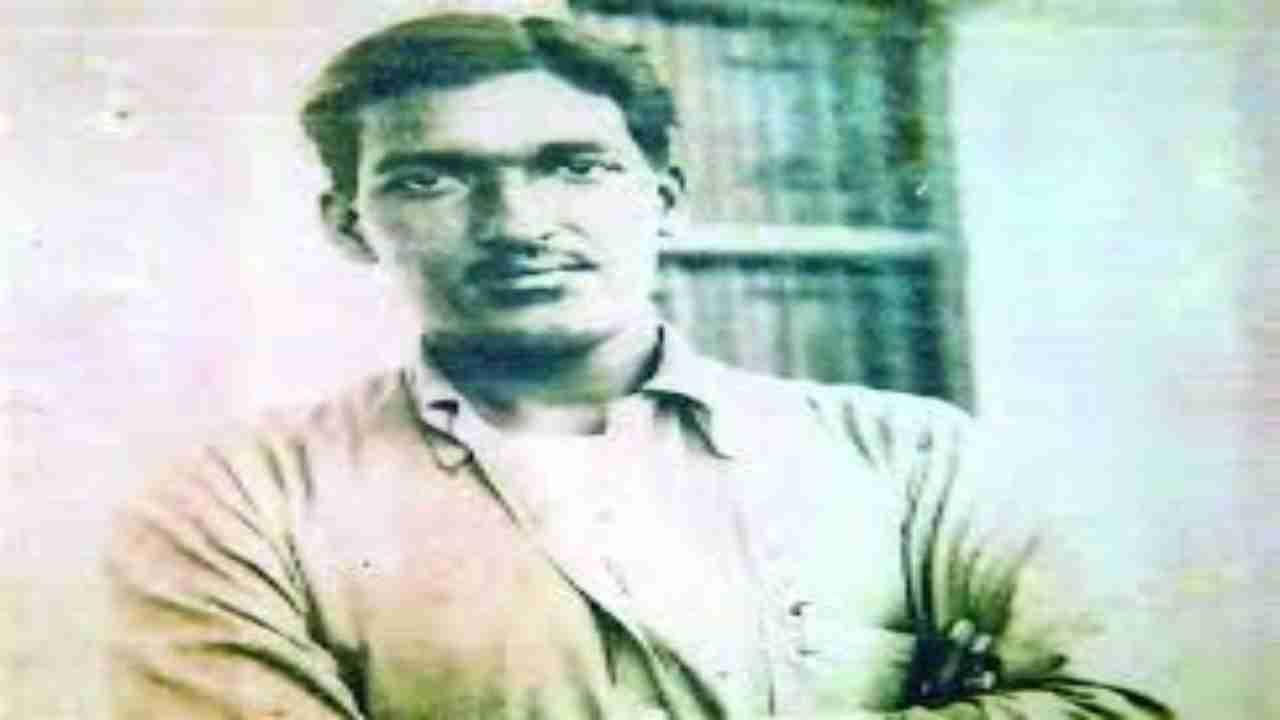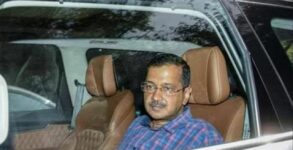Ashfaqullah Khan was an Indian revolutionary who played a major role in the freedom fight against the Britishers. Khan was part of the band of patriots who took part in 1925’s Kakori Train Robbery. The Kakori train robbery took place near Kakori near Lucknow on 9 August 1925. The robbery was organised by the Hindustan Republican Association (HRA). The robbery was conceived by Ram Prasad Bismil and Ashfaqullah Khan who belonged to the HRA.
In the 2006 feature film Rang De Basanti, which revolves around the lives of five friends who play revolutionary characters Chandrashekhar Azad, Bhagat Singh, Shivaram Rajguru, Ram Prasad Bismil, and Ashfaqulla Khan in a documentary film, Khan’s character is played by Kunal Kapoor and Bismil’s by Atul Kulkarni.
Khan was born on 22 October 1900 in Shahjahanpur, Uttar Pradesh. His father’s family was Pathan while his mother was mainly involved in administrative services in colonial India. Khan had a flair for Urdu poetry and wrote under the pseudonyms Varasi (or Warsi) and Hazarat. He wrote at length about the British ‘conspiracy’ in India: “Phoot daalkar shaasan karne ki chaal ka ham par koi asar nahi hoga aur Hindustan Azad hokar rahega”.
In the mid-1920s, Khan and Bismil went on to found the Hindustan Socialist Republican Association (HSRA), intending to win freedom for the country through an armed revolution. In August 1925, an armed robbery took place on board the Kakori Express, going from Shahjahanpur to Lucknow, carrying money that had been collected at various railway stations and was to be deposited in Lucknow.
In September 1926, Bismil was arrested but Khan was on the run. According to the PIB release, he hid in a sugarcane field half a mile from his home for some time, before he left for Bihar and then Delhi, where he was finally arrested. The trial for the case went on for about 1.5 years. It ended in April 1927, with Bismil, Khan, Rajendra Lahiri, and Roshan Singh sentenced to death, and the others given life sentences.

















